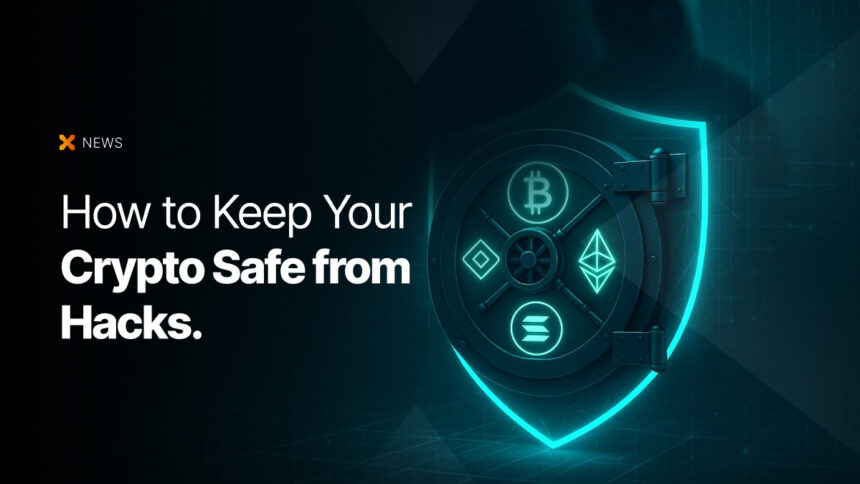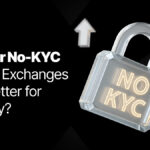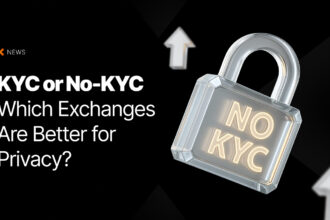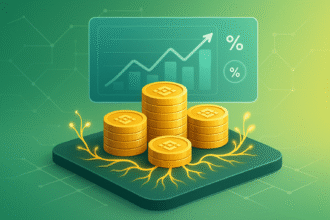With millions of users around the world, cryptocurrencies are very popular nowadays. Whether you’re just testing the waters or plan to be in it for the long haul, security is crucial with crypto and you must know how to keep your crypto safe. With risks like online scams, hackers and digital theft, it’s not enough to just buy crypto and forget about it. You have to protect it, too. If you’re wondering how to keep your crypto safe without diving into confusing tech stuff, this guide is for you. Here are some easy-to-understand tips to help keep your digital money out of the wrong hands.
1. Use the Right Wallet
Before you even think about how much crypto to buy, make sure you’ve got a decent place to store it. There are two main kinds of wallets:
- Hot Wallets: These are connected to the internet. They’re convenient, but they’re also more exposed to online threats.
- Cold Wallets: These are offline and generally thought to be much safer. Think of them like a locked safe that isn’t hooked up to the web.
If you’re planning to hold onto your crypto for a while, cold wallets can be a better choice in terms of security.
2. Don’t Put All Your Crypto in One Spot
It might seem easier to keep everything in one wallet or on one app. But that may be risky. If one account gets hacked, you could lose everything. Instead, consider splitting your holdings. Maybe keep a small amount in a hot wallet for quick access and the rest in cold storage where it’s safer.
3. Make Sure Your Passwords Are Strong
This one sounds obvious. But you’d be surprised how many people still use simple passwords like “123456” or “password”. Using very easy passwords can be a huge problem for security. Use something long, with a mix of letters, numbers and symbols. If you’re not great at remembering passwords, use a password manager.
4. Turn On Two-Factor Authentication (2FA)
A lot of crypto apps and websites give you the option to set up two-factor authentication. This means even if someone has your password, they’ll still need a special code from your phone to get in. It’s a simple step that adds an extra layer of protection.
5. Be Careful with Links and Emails
Hackers love sending fake emails and messages that look real. They might say there’s a problem with your account or offer a fake giveaway. If it sounds too good to be true, it probably is. Always double-check before clicking any links or entering your info.
6. Keep Your Devices Updated
Your computer and phone need regular updates. This is not just for new features, but also for security as well. Updates help fix issues that hackers might use to get in. So, don’t ignore those update reminders.
7. Backup Your Wallet Info
Just like you’d back up family photos, you should also back up your wallet data. If your phone dies or you lose your hardware wallet, you’ll need a backup to recover your coins. Store the backup in a safe place. Or maybe even two places, just to be sure.
8. Avoid Oversharing Online
Telling people online how much crypto you own is like walking around with cash in your hand. You could attract scammers or thieves. Keep your holdings and your security methods private.
9. Have a Plan for Emergencies
No one likes to think about worst-case scenarios, but it’s better to be ready. If something happens to you, how will your family access your crypto? Consider writing down instructions and keeping them somewhere secure. Or look into crypto inheritance services that can help. For more crypto news and info, check out ICOPAX News.









